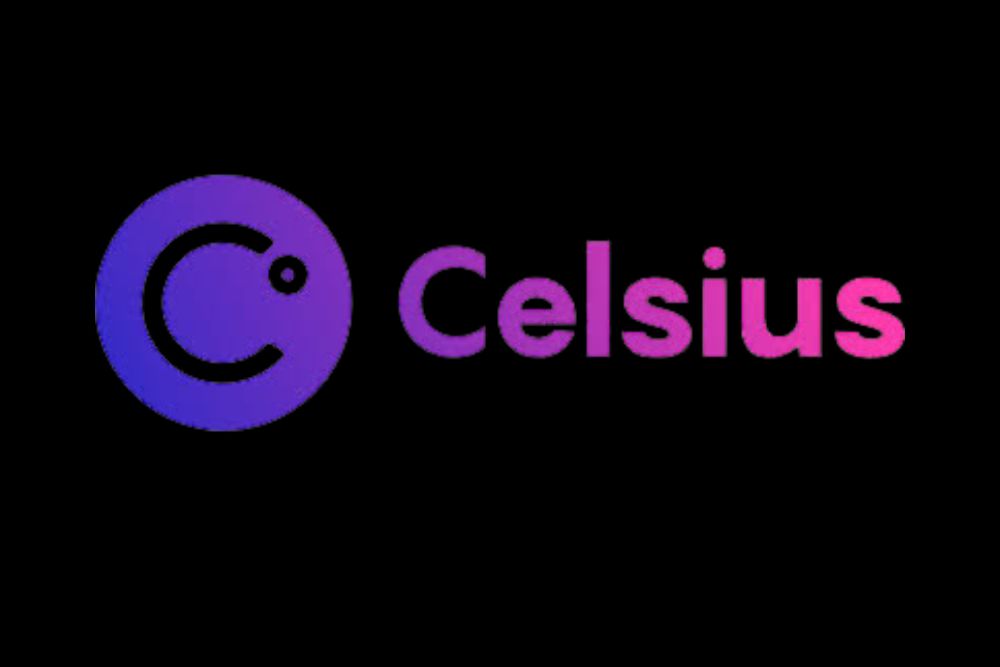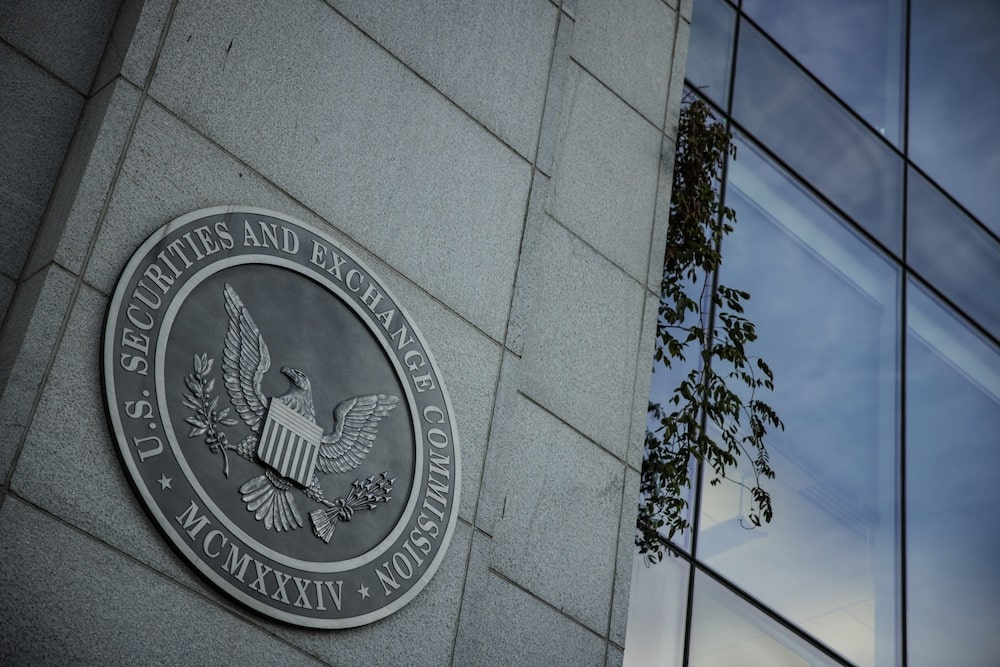MicroStrategy co-founder Michael Saylor has told Microsoft’s board of directors that fully embracing Bitcoin (BTC) could boost the company’s market capitalization by nearly $5 trillion.
Saylor, a long-time Bitcoin advocate, presented his case to Microsoft’s board, emphasizing why the tech giant should consider investing in the crypto asset.
Saylor Urges Microsoft to Go All-in in BTC
In a video shared on Dec. 1, Saylor encouraged Microsoft to convert its cash flows, dividend distributions, stock repurchase programs, and debt into the leading crypto asset.
“If you do that, you’ll add hundreds of dollars to the stock price. You can create trillions of dollars of enterprise value. You can strip away risk from your shareholders,” Saylor said.
The executive further noted that bitcoin could spike Microsoft’s share price by as much as $584 over the next decade if the company allocated all its treasury, assuming the leading cryptocurrency reaches a value of $1.7 million per BTC.
Meanwhile, BTC has seen progress since President-elect Donald Trump won the United States election on November 5, with more institutional investors having confidence in the crypto asset.
Saylor also argued that adopting this strategy could increase Microsoft’s valuation by trillions of dollars. Currently, Microsoft ranks as the third most valuable company globally, with a market capitalization of $3.18 trillion, trailing behind Apple Inc. and Nvidia Corp.
Despite several pullbacks in the last week, BTC has skyrocketed by 120% this year, gaining roughly 40% in the past month alone. As predicted by investors, entities, and bitcoin enthusiasts, the progress is nearing the $100,000 mark and hopefully more.
MicroStrategy Keeps Acquiring BTC
Since 2020, MicroStrategy, under Saylor’s leadership, has accumulated 386,700 BTC at a total cost of $21.9 billion. With BTC now valued at over $95,200, the holdings are worth approximately $37.6 billion.
Recently, the business intelligence company added 55,500 BTC, worth $5.4 billion, to its holdings at an average price of $97,862 per bitcoin. Completing its latest purchase, MicroStrategy has achieved a BTC Yield of 35.2% QTD and 59.3% YTD.
Before the $5.4 billion acquisition, the company announced plans to raise $2.6 billion from senior convertible notes at a 0% interest rate to acquire more BTC. The note sale was increased from the initially announced offering of $1.75 billion in aggregate principal amount of notes.









